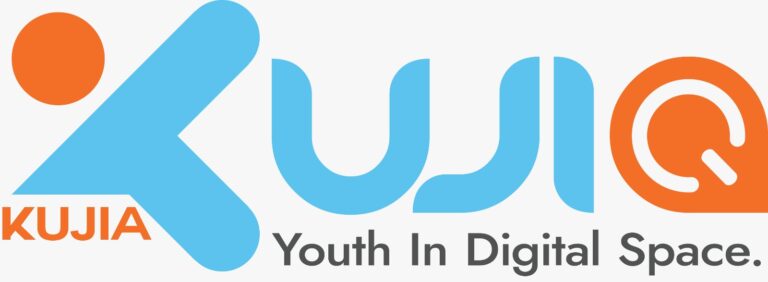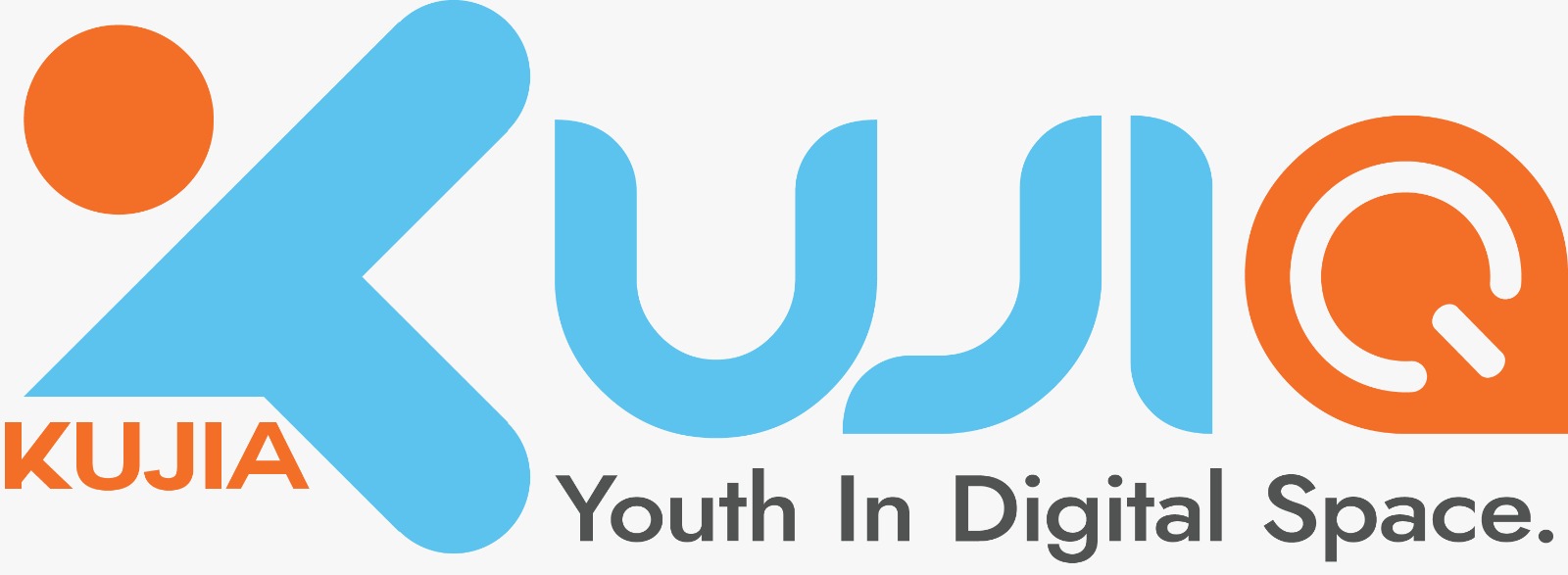Promoting ICT for Development Programs .
ICT for Development according to UN
- The World Summit for Social Development (WSSD, Copenhagen, 1995) recognized that the new information technologies and new approaches to access to and use of technologies by people living in poverty can help in fulfilling social development goals; and therefore, recognize the need to facilitate access to such technologies.
- WSSD emphasized that promoting access for all to education, information, technology and know-how is an essential means for enhancing communication and participation in civil, political, economic, social and cultural life, and for ensuring respect for civil, political, economic, social and cultural rights.
ICT for Development according to ITU
- ICTs access and use are still unequally distributed within and between countries. The digital divide with respect to internet use, innovative capacity and quality access is particularly pronounced (according the 2015 MDG report). For instance, just over one third of the population in developing countries uses the Internet, compared to 82 per cent in developed countries and an estimated 450 million people living in rural areas still live out of reach of a mobile signal.
- There is still more work to be done for the development and use of ICTs infrastructure, as well as capacity-building, particularly in least developed countries, landlocked developing countries and small island developing States, including rapid universal and affordable access to the Internet.
ICT for Development according to AU- Agenda 2063
- Priority -Education and science, technology and innovation (STI) driven skills revolution.
- Goal – Well educated citizens and skills revolution underpinned by science, technology and innovation.
ICT for Development according to Kenya’s Vision 2030
Upgrading National ICT Infrastructure
- Expansion of Fibre Optic Networks to cover hospitals, schools, police stations and other public service institutions.A universal service fund that finances the roll out of infrastructure and access of service to the unserved and underserved areas will be created.
- Establishment of Wide Area Network and Network Operations Centre to ensure that each county headquarters use a broadband network with a minimum capacity of 4mbps per agency, VOIP telephony and unified communication systems.
- Roll out of 4 G Networks to provide faster internet and increase bandwidth capacity.
- Establish Data Centres designed to ensure that strategic public data is stored in secure locations with minimal risk and delivered cost-effectively;
- Setting up National ICT Centres of Excellence in order to develop a critical mass of human resource required to support capacity for the industry;
- Promote local ICT software development and make ICT Software more affordable and accessible through the existing fiscal concessions by the Government;
- Enhance cyber security to reduce the risk of cyber attacks and create a more secure network from the level of the major national public gateways to the user;
- Implement Public Key Infrastructure (PKI) to authorize and authenticate information systems in the country. The Root Certificate Authorities which will facilitate the use of digital certificates will be set up;
- Build capacity for the Kenya Computer Incidence Response Team and Coordination Center (KE-CIRT/CC) to coordinate computer related incidences in the country;
- Roll out of the Digital TV Infrastructure in all the remaining counties (from 60% coverage to 100%) to move from analogue to digital TV broadcasting migration.

